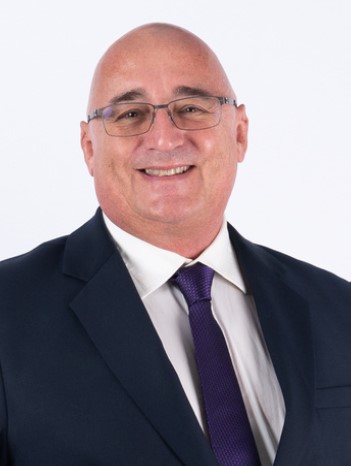Professor Nicholas RJ Gascoigne

BSc (Hons), PhD
Professor
Department of Microbiology and Immunology
Affliations:
Email: micnrjg@nus.edu.sg
Tel: 6516 3281, 6601 3509 (lab)
Research Interest
Prof. Gascoigne’s research interests are in cellular and molecular immunology, focusing on the regulation of signalling in T cell activation and development. His lab demonstrated the role of TCR binding strength in thymocyte differentiation, and the importance of CDR1,2 TCR sequences in MHC restriction. They utilize Foerster Resonance Energy Transfer (FRET) imaging to analyze interactions between cell surface molecules and demonstrated the importance of coagonism in antigen recognition. His lab identified and characterized Themis, a protein that controls thymocyte positive selection through regulation of TCR signaling strength. He maintains his interests in T cell signaling, activation, development, microbiome-immune system interactions. His lab is currently studying signalling pathways in CAR-T cells and how they can be manipulated to improve CAR-T function in cancer immunotherapy.
Awards
- Yong Loo Lin School of Medicine Graduate Mentor of the Year (GRAMAY) 2020
- Yong Loo Lin School of Medicine Research Excellence Award 2023
- Fellow of the Royal Society of Biology (FRBS), 2023
Society Memberships
- American Association of Immunologists, 1988-
- Australian and New Zealand Society for Immunology, 2019-
- British Society for Immunology, 1981-
- Singaporean Society for Immunology, 2013- (Council ‘15-‘17, ’21-, President 08/17-11/21)
- Singapore Society for Microbiology and Biotechnology, 2018-
- Royal Society of Biology, Fellow (FRSB), 2023-
Recent Publications
- Wu, L., Brzostek, J., Sakthi Vale, P.D., Wei, Q., Koh, C.K.T., Ong, J.X.H., Wu, L.-z., Tan, J.C., Chua, Y.L., Yap, J., Song, Y., Tan, V.J.Y., Tan, T.Y.Y., Lai, J., MacAry, P.A., and Gascoigne, N.R.J. (2023). CD28-CAR T-cell activation through FYN kinase signaling rather than LCK enhances therapeutic performance. Cell Reports Medicine 4: 100917, February 21, 2023. https://doi.org/10.1016/j.xcrm.2023.100917
- Deng, L., Wojciech, L., Png, C.W., Kioh, Y.Q.D., Ng, G.C., Chan, E.C.Y., Zhang, Y., Gascoigne, N.R.J., and Tan, K.S.W. (2023). Colonization with ubiquitous protist Blastocystis ST1 ameliorates DSS-induced colitis and promotes beneficial microbiota and immune outcomes. npj Biofilms and Microbiomes 2023 Apr 25;9(1):22. doi: 10.1038/s41522-023-00389-1.
- Tang, J., Jia, X., Li, J., Dong, J., Wang, J., Li, W., Zhu, Y., Hu, Y., Hou, B., Lin, C., Cong, Y., Ren, T., Yan, C., Yang, H., Lai, Q., Zheng, H., Bao, Y., Gautam, N., Wang, H.-R., Xu, B., Chen X.L.*, Li, Q.*, Gascoigne, N.R.J.*, and Fu, G.* (2023). Themis suppresses the effector function of CD8+ T cells in acute viral infection. Cell. Molec. Immunol. 2023 May;20(5):512-524. (*Joint Corresponding Authors). doi: 10.1038/s41423-023-00997-z
- Wu, L.-z., Balyan, R., Brzostek, J., Zhao, X., and Gascoigne, N.R.J. (2023). Time required for commitment to T cell proliferation depends on TCR affinity and cytokine response. EMBO Rep. Jan 9; 24: e54969. DOI:10.15252/embr.202254969
- Liu, Y., Cong, Y., Niu, Y., Yuan, Y., Tan, F., Lai, Q., Hu, Y., Hou, B., Li, J., Lin, C., Zheng, H., Dong, J., Tang, J., Chen, Q., Brzostek, J., Zhang, X., Chen, X.L., Wang, H.-R., Gascoigne, N.R.J., Xu, B., Lin, S.-H., Gu, F. (2022). Themis is indispensable for IL-2 and IL-15 signaling. Sci. Signaling. 15: eabi9983. doi: 10.1126/scisignal.abi9983
